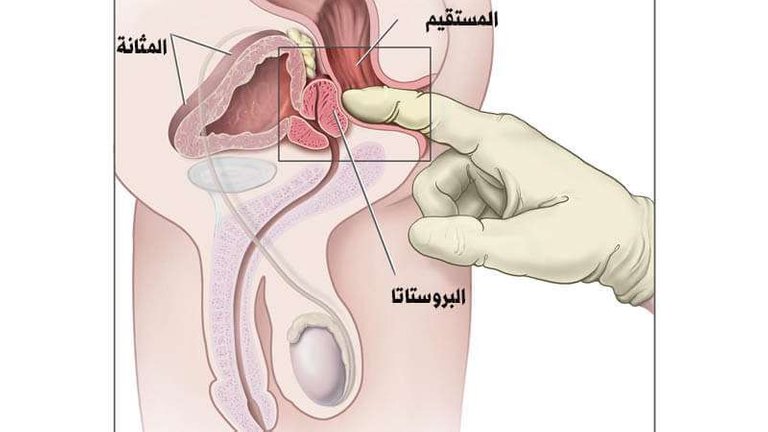

NEW YORK (Reuters Health) - A new study has questioned the feasibility of screening for "prostate specific antibodies" in reducing deaths from prostate cancer, and called for more effective screening for early detection of prostate cancer.
The study was funded by Cancer Research UK and published in the Journal of the American Medical Association.
In a prostate specific antigen PSA test, a person's blood sample is measured and measured from the prostate. It is found in a low concentration in the blood, but increases in certain cases such as prostate cancer, prostate inflammation, and prostate enlargement.
The antibody concentration is normally determined if it is equal to or less than 4 nanograms per milliliter, but if this is exceeded, the doctor takes a biopsy of the prostate tissue and examines it for the presence or absence of cancerous growth.
The study included 400,000 men in the United Kingdom aged 50-69, compared to 189,386 men who had a one-time prostate test with 21,9439 who were not screened.
After 10 years of follow-up, prostate cancer showed 4.3 %% of the first group and 3.6% of the second group. But the two groups had the same rate of prostate cancer death, 0.29%.
The focus is on mortality because prostate cancer varies from case to case. In some cases, cancer is severe, develops rapidly and spreads, and in other cases develops slowly and does not show symptoms. The patient may live without treatment.
The important point is to determine the type of prostate cancer to choose appropriate treatments, and determine whether it is better to leave the tumor without intervention if it is limited and does not develop or spread or have symptoms.
This study suggests that other ways of diagnosing prostate cancer early, determining its type and its extent, should be sought to direct appropriate treatment to the person, and not to expose him to unnecessary treatment if he does not need it.